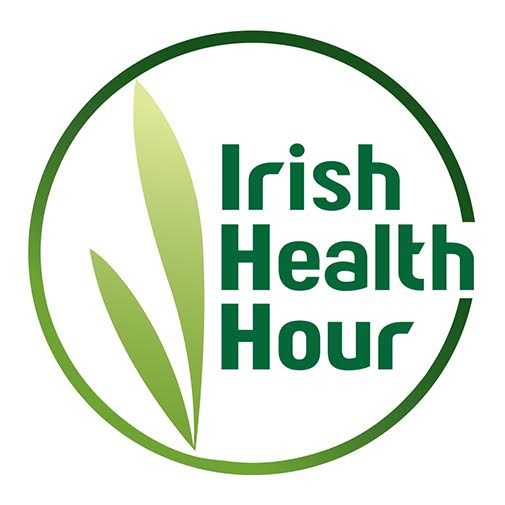5 Foods that adversely affect a child's academic performance
Guest blog post by Jason Phillips from Smile Tutor
Increased obesity rates and the growing awareness that students need proper nutrition to develop a healthy body and brain are compelling parents to become more informed. Educating students and parents on the great importance of adhering to a healthier meal plan is fundamental to their academic performance. Needless to say, there are lots of foods that have a negative impact on a student’s brain.
5 of the most damaging are:
1. Junk food
Junk food encompasses multiples adjacent foods that might harm the body and brain, and hinder academic performance in a young student because it contains unhealthy saturated fats and cholesterol, junk food inhibits a child’s cognitive processing abilities. In the long term, the child may develop anemia, which doesn’t allow him to concentrate. A diet rich in saturated fats may lead to several vitamin deficiencies that can affect the brain and make unable to focus on given tasks.
Obesity affects performance too. Apart from lowering self-esteem and confidence levels, obesity may lead to diabetes and several heart conditions later in life.
2. Sweets
Sweets such as candy, pastry, chocolate high in sugar and additives all have detrimental side-effects on a child’s ability to study. These might give them a sudden boost of energy, but the effect is short-term and the side effects are numerous. Studies have shown that sugar may decrease memory and attention span. Even though it activates pleasure response within the brain, sugar compels the brain’s hypothalamus to release cortisol in large quantities. Cortisol is better known as the stress hormone; a substance that may impede memory performance.
3. Red meat
Cooked right and consumed in moderate quantities, red meat is highly recommended due to its protein intake. However, if you’re used to cooking (frying) red meat in butter or vegetable oil, all the good properties are lost. Your child’s cardiovascular health may be in danger because they blood veins get clogged, and don’t get enough oxygen. Improper oxygen flow to the brain may hinder learning performance by triggering headaches, anemia, migraines, and inability to focus on performing challenging tasks.
4. White bread
Wheat, the main ingredient found in white bread, may severely affect a child’s brain. Together with all other pastries that contain white flour, wheat contains a lot of gluten. The side effects may be difficulty concentrating, anxiety, depression, behavioral outbursts, and even rage.
Parents should reconsider their choice of breakfast and focus on adding more fruits and veggies to their child’s diet. This way, the brain will be in top shape, and the young student will be able to perform well in school. It has become difficult to avoid white bread, not to mention that many kids can’t enjoy a meal without it because they don’t feel satisfied. The trick is to choose healthier options, such as wholegrain bread, but in moderation.
5. White rice
As mentioned above, there are different types of carbs that might affect the brain, triggering an emotional health meltdown especially in young students. According to a research paper done by the American Journal of Clinical Nutrition, refined carbs from white rice, potatoes, and corn flakes may trigger depression. It seems that rice may compel your body to produce insulin spikes; consumed in high amounts, your child may experience mood swings, fatigue, and even depression at a very early age.
What you can do is replace white rice with brown rice. Always consider side dishes to go with the rice, such as vegetables to provide your child the right amount of vitamins and nutrients his brain needs to be in top shape.
It’s becoming increasingly more challenging to adhere to a healthy diet these days. Kids have too much liberty to buy themselves whatever they want, and not that many parents know about their dietary habits. If you want your child to perform well in school, you should talk to them about the importance of eating right. Don’t skip daily meals in the family, talk to their private tutor about healthy eating, and always pack your child a healthy lunch to help stimulate his body and brain. Always remember: for your child to love healthy food, the practice of cooking healthy in the family is fundamental.
Guest blog post by Jason Phillips from Smile Tutor



